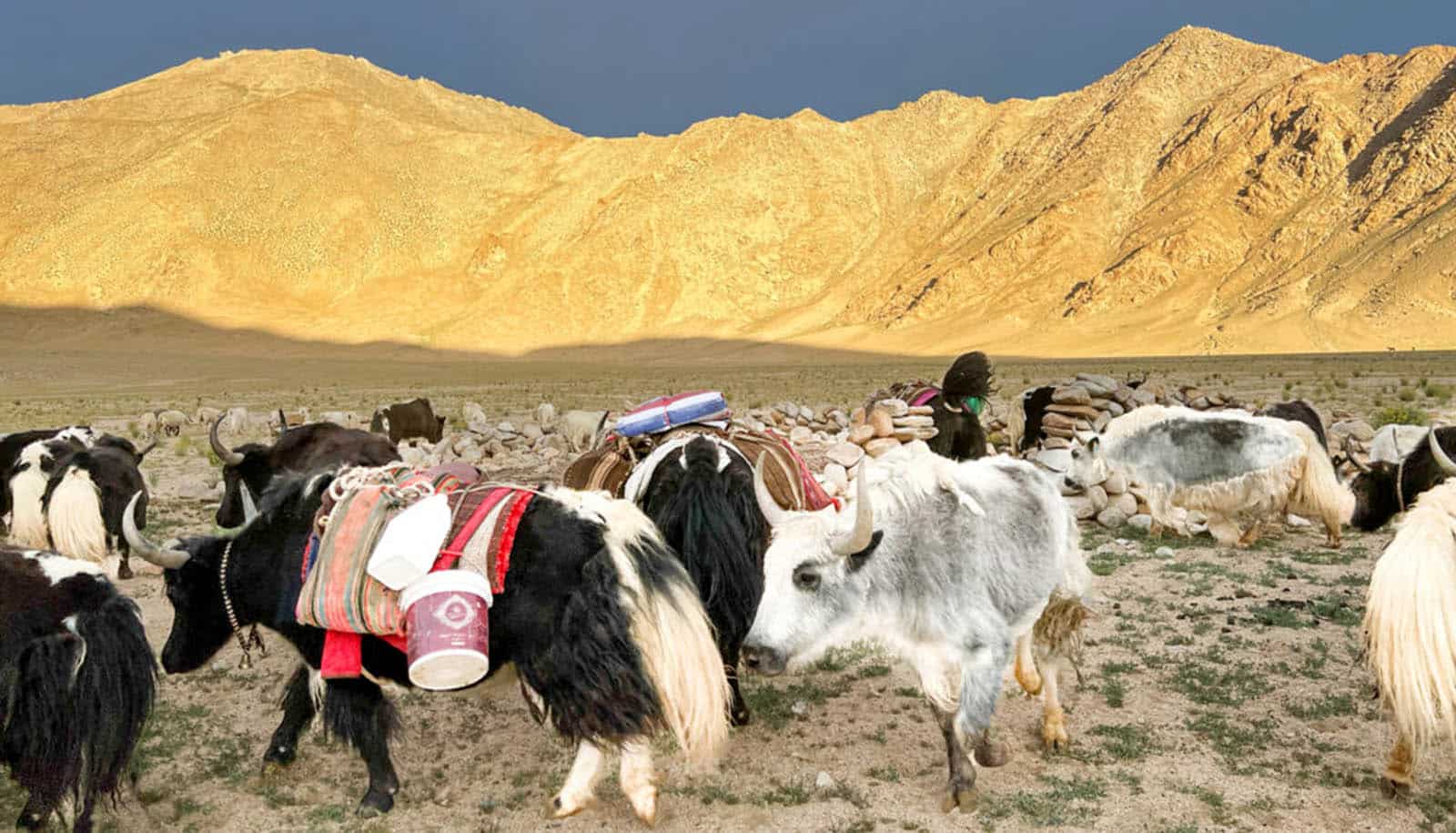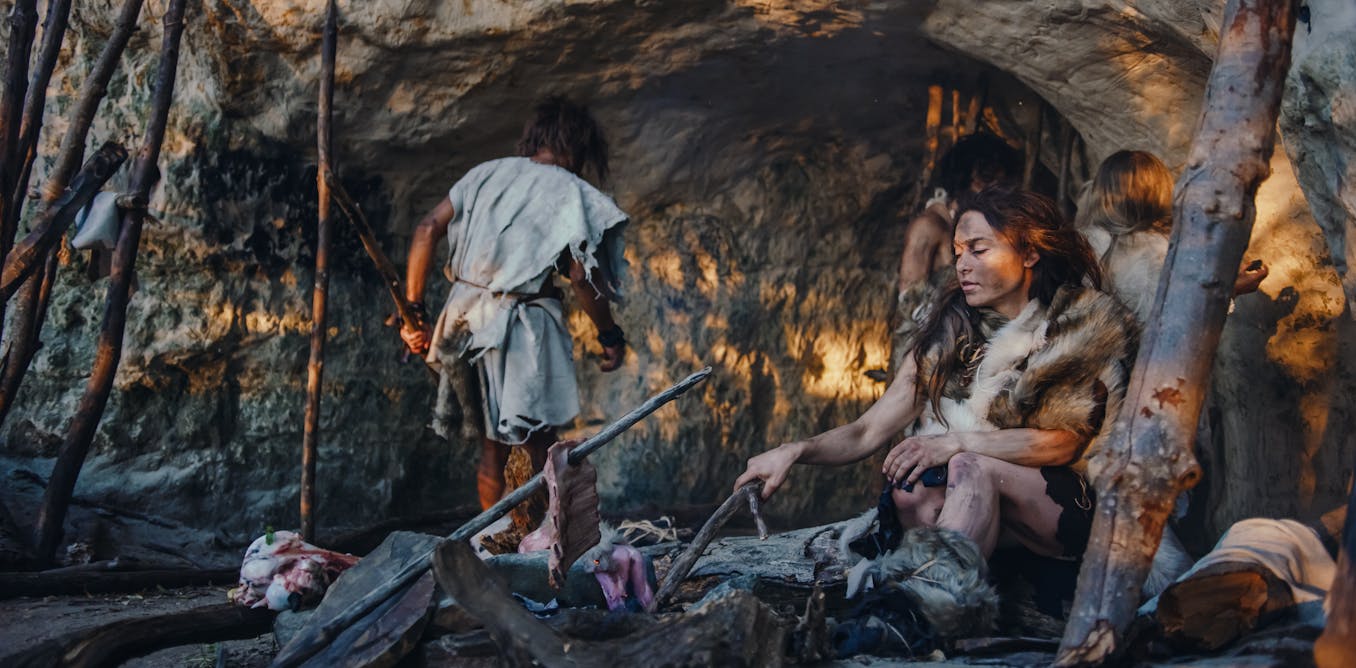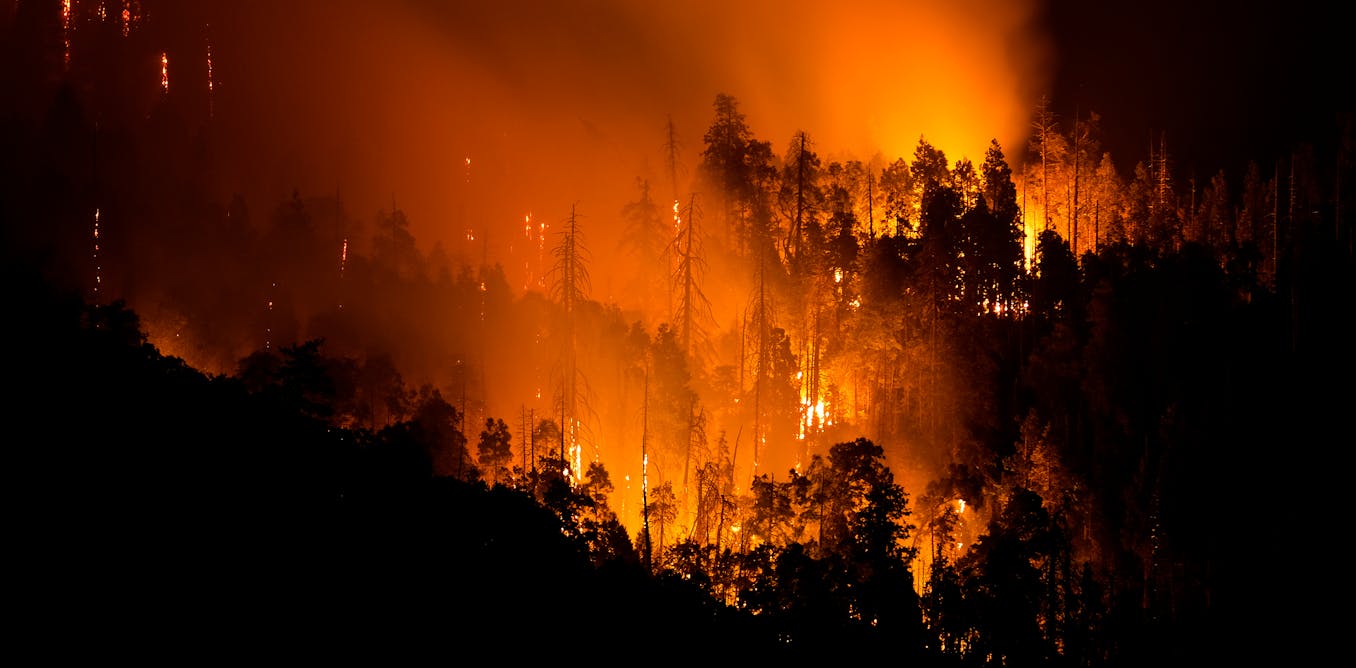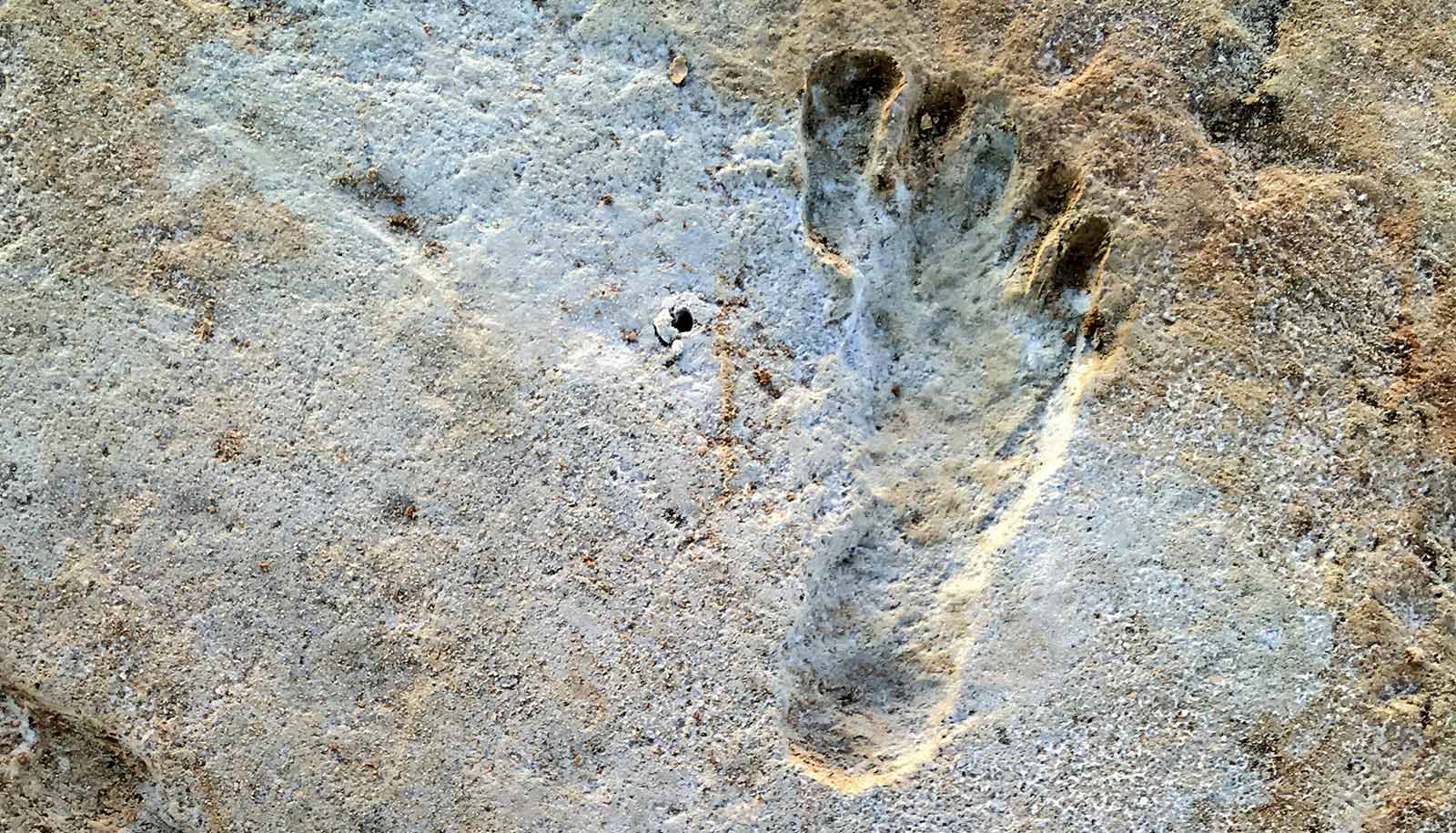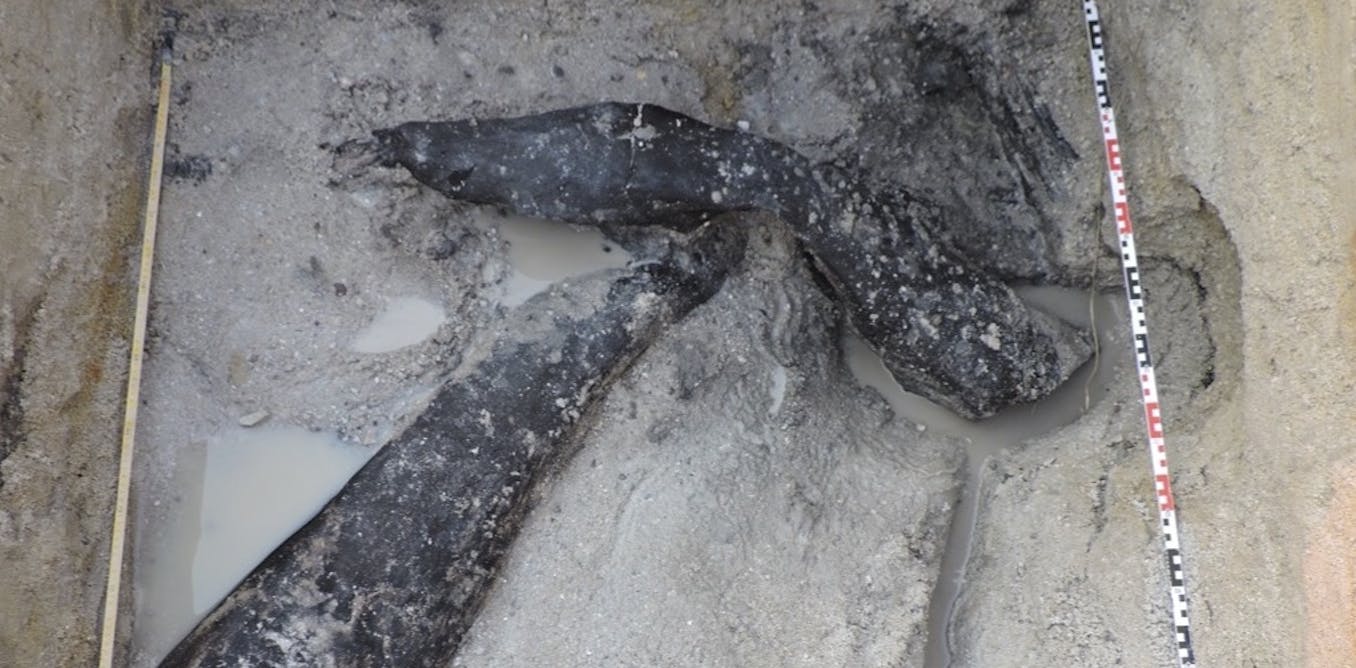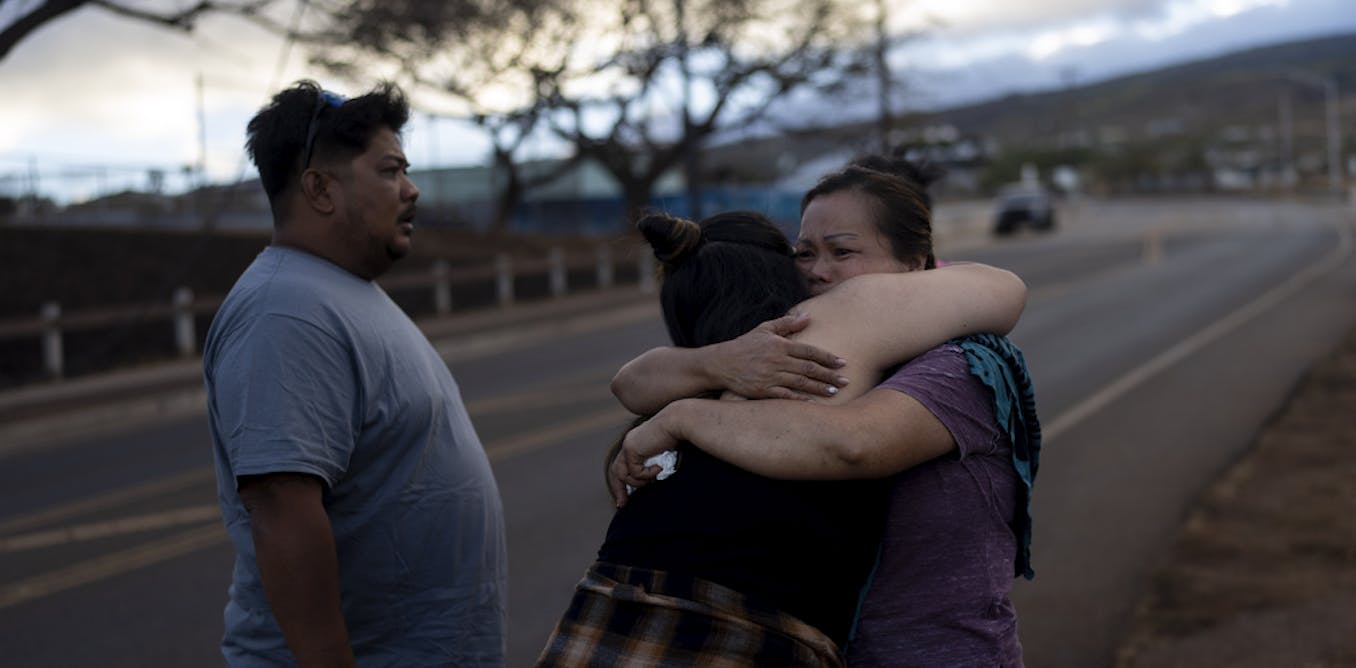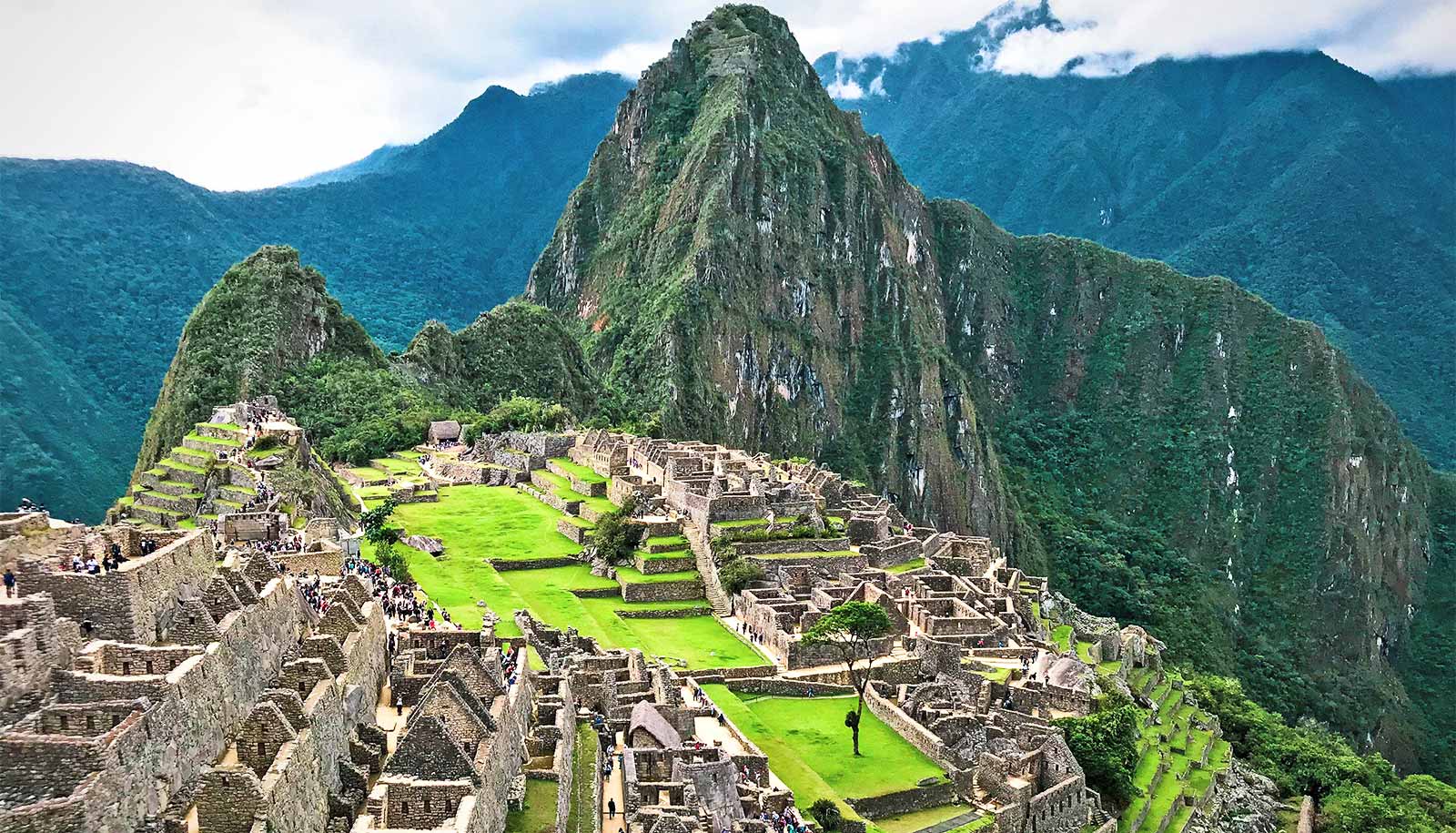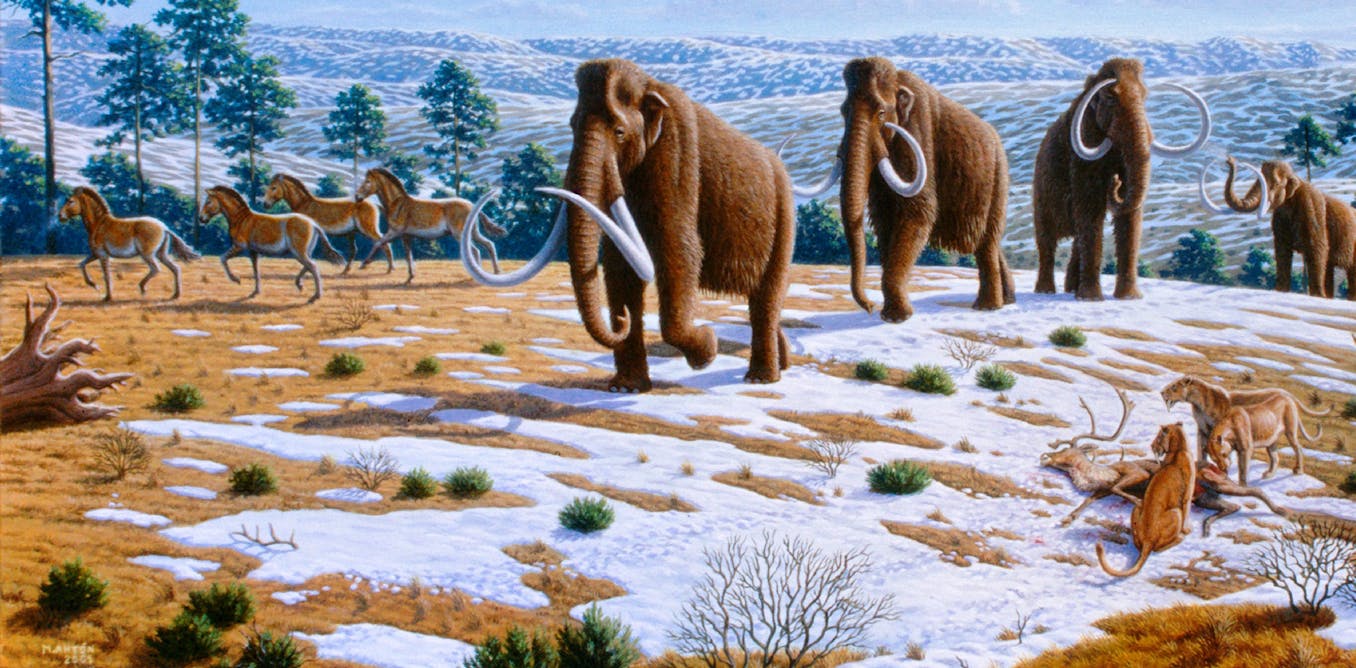Forget ‘Man the Hunter’ – physiological and archaeological evidence rewrites assumptions about a gendered division of labor in prehistoric times
Female bodies have an advantage in endurance ability that means Paleolithic women likely hunted game, not just gathered plants. The story is written in living and ancient human bodies.
Nov. 17, 2023 • ~12 min
The wildfires that led to mass extinction: a warning from California's Ice Age history – podcast
A changing climate, humans and fire were a deadly combination for the big animals that used to roam southern California. Listen to The Conversation Weekly podcast.
Nov. 2, 2023 • ~5 min
A tooth that rewrites history? The discovery challenging what we knew about Neanderthals – podcast
What could the extinction of Neanderthals tell us about our own species? An archaeologist explains in The Conversation Weekly podcast.
Oct. 12, 2023 • ~5 min
Discovery of half-a-million-year-old wooden structure shows we're wrong to underestimate our ancient relatives
Experts speculated that very early humans worked wood, but previously didn’t have the evidence.
Oct. 6, 2023 • ~7 min
Identifying fire victims through DNA analysis can be challenging − a geneticist explains what forensics is learning from archaeology
Maui officials have asked relatives to provide DNA samples to help identify victims of the Lahaina wildfires. Time and exposure to the elements, however, can make DNA retrieval from remains difficult.
Aug. 18, 2023 • ~9 min
Forensic evidence suggests Paleo-Americans hunted mastodons, mammoths and other megafauna in eastern North America 13,000 years ago
A forensic technique more often used at modern crime scenes identified blood residue from large extinct animals on spearpoints and stone tools used by people who lived in the Carolinas millennia ago.
June 14, 2023 • ~9 min
/
17

